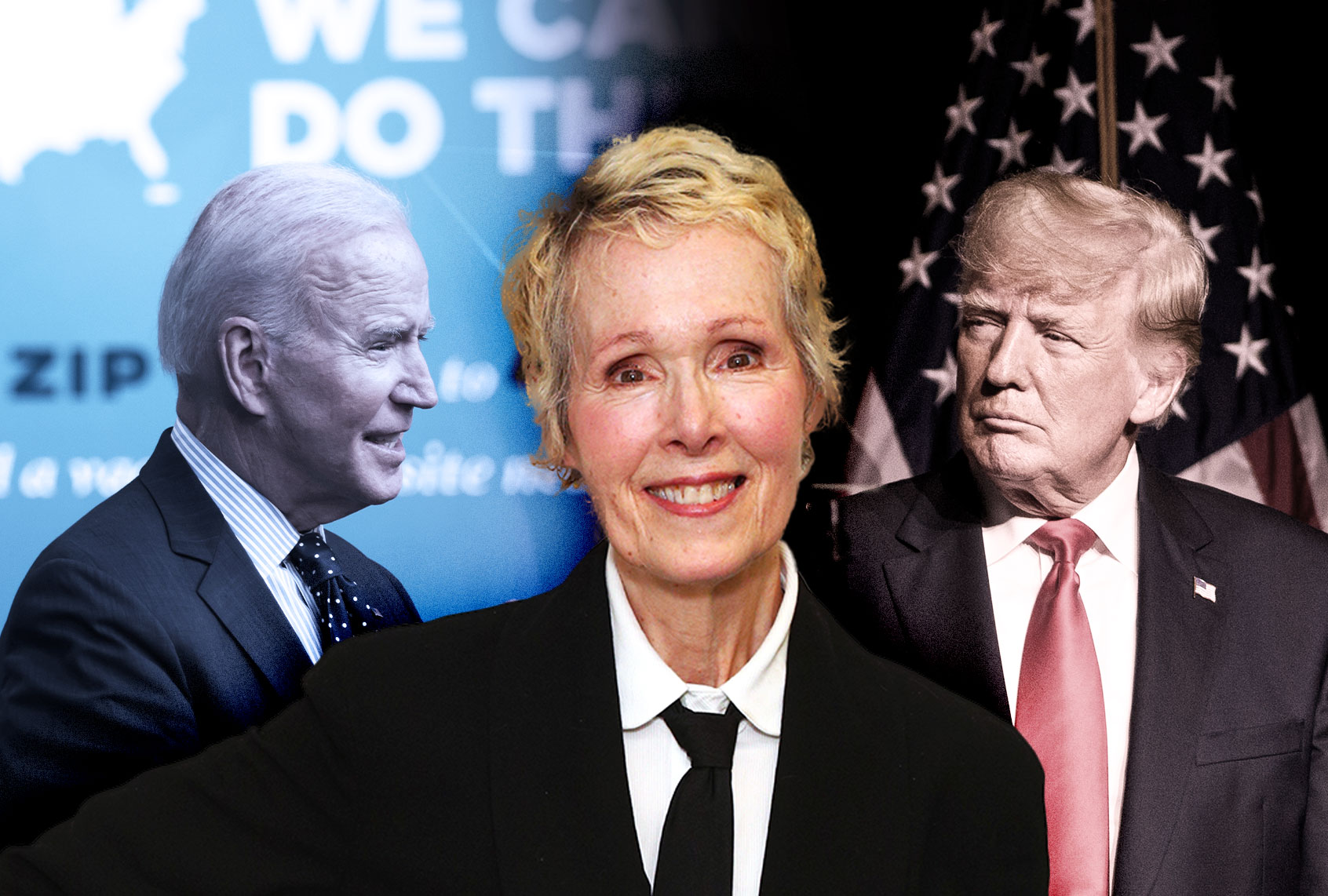The Biden Justice Department is still defending Donald Trump in a defamation suit brought against the former president by one of his rape acusers, E. Jean Carroll, arguing that Trump should not be held liable for making “crude remarks” against Carroll during his time in office.
Carroll’s accusations date back to 2019, when the former Elle columnist formally accused Trump of sexually assaulting her in the 1990s. According to Carroll’s account, Trump threw her against a wall of a dressing room of a Manhattan department store, pulled off her clothing, and forced himself onto her.
Trump has vehemently denied the journalist’s allegations, claiming that Carroll was “not his type.” He also released a public statement accusing Carroll of fabricating the accusations, prompting Carroll to file a defamation lawsuit against the former president.
The suit was originally brought to a New York state court before Trump’s former attorney general Bill Barr stepped in, sending the case to a federal court, where he established that Trump – as opposed to the federal government – was the defendant. Last October, Barr argued that Trump’s remarks about Carroll were not made in his personal interests but as part of his duties as a public employee – a distinction that would have broadly immunized him from defamation suits.
“Given the president’s position in our constitutional structure, his role in communicating with the public is especially significant,” wrote Justice Department lawyers at the time, “the president’s statements fall within the scope of his employment for multiple reasons.”
Carroll’s legal team has argued that Trump’s comments fell way out of line with his official duties. “There is not a single person in the United States — not the president and not anyone else — whose job description includes slandering women they sexually assaulted,” her lawyers said in a court filing last year.
Last October, a federal judge shot down Barr’s attempt to influence the suit since the alleged assault occurred “several decades before [Trump] took office,” when the former president had “no relationship to the official business of the United States.” Trump, however, appealed the ruling to the 2nd Circuit Court of Appeals in New York, where the case now sits.
On Monday night, the Department of Justice, now led by Biden-appointed Attorney General Merrick B. Garland provided a first glimpse into its position on the suit, arguing that Trump was in fact operating within the ambit of his role as president when he accused Carroll of lying.
“Elected public officials can — and often must — address allegations regarding personal wrongdoing that inspire doubt about their suitability for office,” Justice Department attorneys claimed, adding, “Officials do not step outside the bounds of their office simply because they are addressing questions regarding allegations about their personal lives.”
The department continued: “Then-President Trump’s response to Ms. Carroll’s serious allegations of sexual assault included statements that questioned her credibility in terms that were crude and disrespectful. But this case does not concern whether Mr. Trump’s response was appropriate. Nor does it turn on the truthfulness of Ms. Carroll’s allegations.”
Carroll’s leading attorney, Roberta A. Kaplan, expressed surprise over the department’s position, saying that it was “truly shocking that the current Department of Justice would allow Donald Trump to get away with lying about it.”
“The undisputed facts demonstrate that President Trump was not acting in furtherance of any duties owed to any arguable employer when he made the statements at issue,” Kaplan continued. “His comments concerned an alleged sexual assault that took place several decades before he took office, and the allegations have no relationship to the official business of the United States. To conclude otherwise would require the Court to adopt a view that virtually everything the president does is within the public interest by virtue of his office.”
The 2nd Circuit Court of Appeals has yet to set a date for oral arguments in Trump’s appeal.

